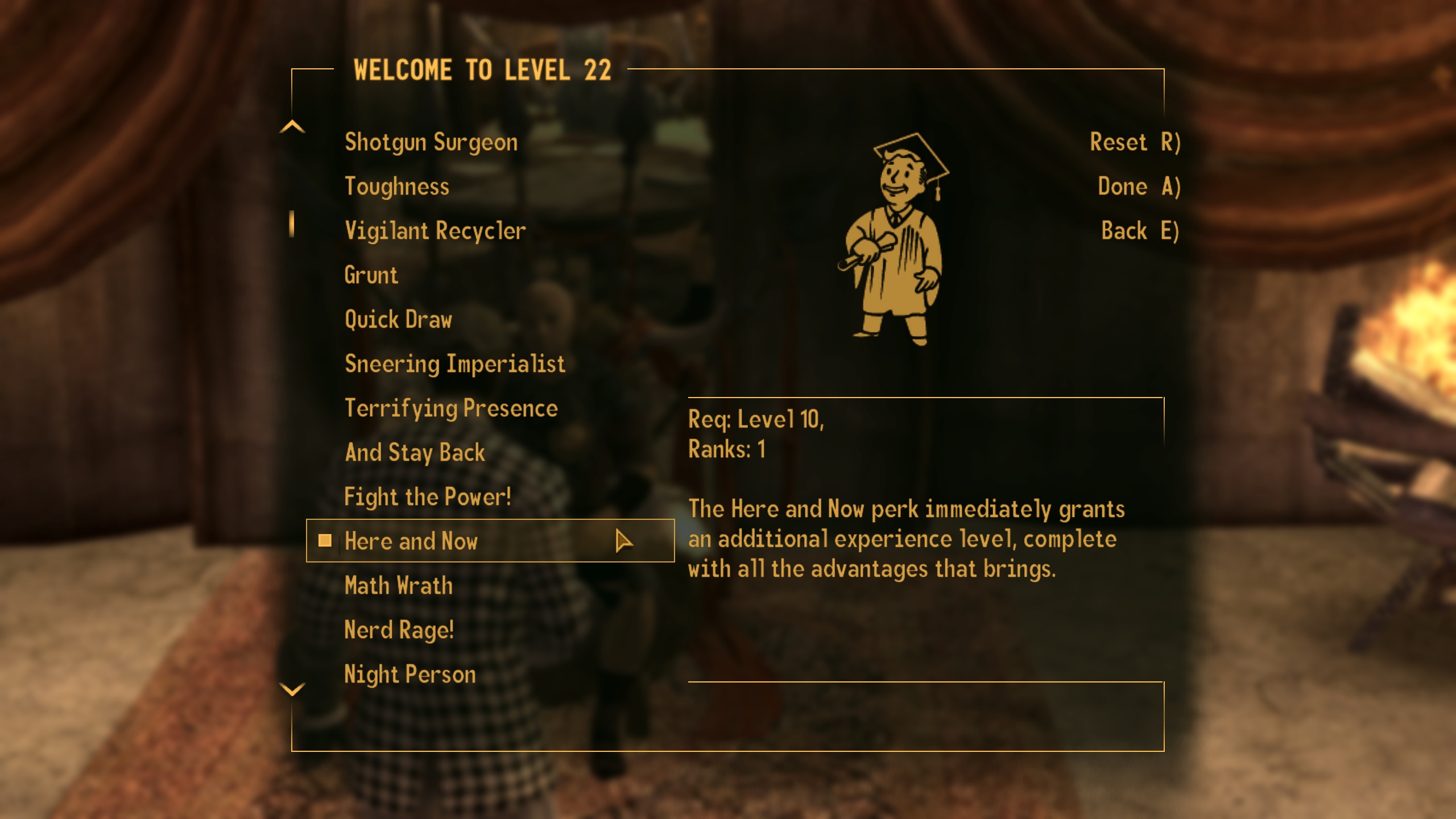I’m a fifth year computing student.
No, wait.
I’m five years into my three-year degree.
Still wrong.
My degree usually takes three years, but this is my fifth.
You don’t really realise how bad it sounds until you say out it loud. Say it out loud to a friend you haven’t seen in a few years, and you might as well wish for the earth to swallow you up right there and then.
I guess whichever way I put it, there’s no getting around the fact that saying that “I’m a fifth-year computing student that isn’t doing honours” is awkward as all hell. And really, as awkward as it might be, it’s fair enough — it is a pretty awkward situation to be in, if I’m honest.
If you’ve bought stuff online from the US before, you might have had the option of shipping your goods via USPS. The United States Postal Service is kind of weird in that their basic service is called “first class”, and a faster service is called priority1. On the surface, this makes very little sense: if you want something shipped fast and have the choice between “first class” and “priority”, which one do you choose? You might lean towards first class, as that usually represents the best out of all the possible choices (it certainly does in terms of airline tickets, anyway), but then you realise that priority is more expensive. This is totally weird the first time you come across it, and if you’re not careful, can lead to a package arriving later than you expected. Depending on how impatient you are, this may be the worst thing in the world, or you might not care.
For the longest time, I’ve put “student” as my occupation in forms and surveys. But it was only the other day that I realised what this actually meant: for me, it means the only priority in my life should be to finish my degree and graduate. Not to be proficient at Mass Effect 3 multiplayer on the platinum difficultly level. Not to capture the flag in Battlefield 3’s End Game. Not to operate like an operator in ARMA 2’s Wasteland. Because when it comes down to it, I should have no other priority than to graduate this semester. Actually, I could have graduated last semester too, but I got lazy.
Now that I think about it, I get lazy a lot.
It just gets to a certain point in the semester where there’s just too much work to do and too little time to do it in, so I just… don’t do any of it. And as stupid as that sounds, I usually write it off with excuses like “it’s just a Benny thing” or “I couldn’t have passed that unit internally anyway” and skive off the exam.
I’ve long considered the possibility that I have an issue with how University-level assessment works, in that it encourages cramming and rote-learning (memorising stuff, then forgetting it over the summer break), and to a certain extent, that’s true. I don’t like how it works. Java? I did that in first year, and I’ll be damned if I can remember even a fraction of it.
I’ve also considered the fact that, for the most part, I just don’t get programming. Everyone tells the joke about “to understand recursion, you must first understand recursion”, but recursion still makes very little sense. Looking at my code these days, it’s just really basic-level stuff; methods/functions that might do complex things, but it still consists of basic if-else statements at the core. There’s heaps of technical stuff I still don’t understand, either. I would have thought that computing students would be able to regex their way out of any given problem. I would have thought that computing students would be able to code fluently in several different programming languages, instead of constantly having to refer to documentation to figure out what any given function does. Maybe I need to re-adjust my view on programming as a whole (as in, how it “works”), but I would have thought that by now, programming would be easier than it is2.
All this makes me wonder: at the end of my degree, what will I have actually learned? I mean, anyone can copy and paste code from Stack Overflow. It might take a few more skills to work out what any given code does or why it doesn’t work, but what are those skills worth? A few years of your life? Tens of thousands of dollars in HECS fees?
Education or no, what you get out of it will depend on what your expectations are going in. I’ve wondered what life without a degree might be like — I see successful people all the time doing things that are completely unrelated to the degree they attained in university — and as much as I might have wanted to quit and drop out, they’ve all said it’s a good thing to get under my belt.
So I guess there’s nothing else to do but grin and bear it. As much as it sucks now, it probably won’t suck as much after, right?
Right?
-
USPS also has an actual express service available, too. In order of fastest to slowest: express, priority, and first class. Go figure.
-
Maybe I needed to lower my expectations of what a computing degree would do for me, as if I would magically become some gung-ho programmer overnight. Tangentially related: maybe we expect too much of geeks.

